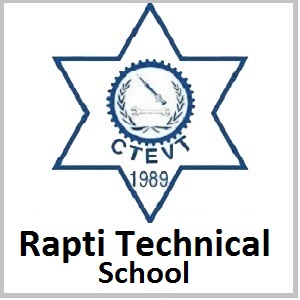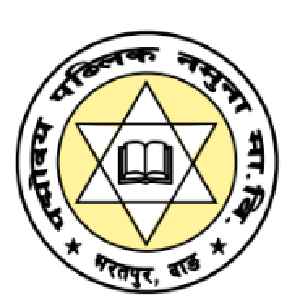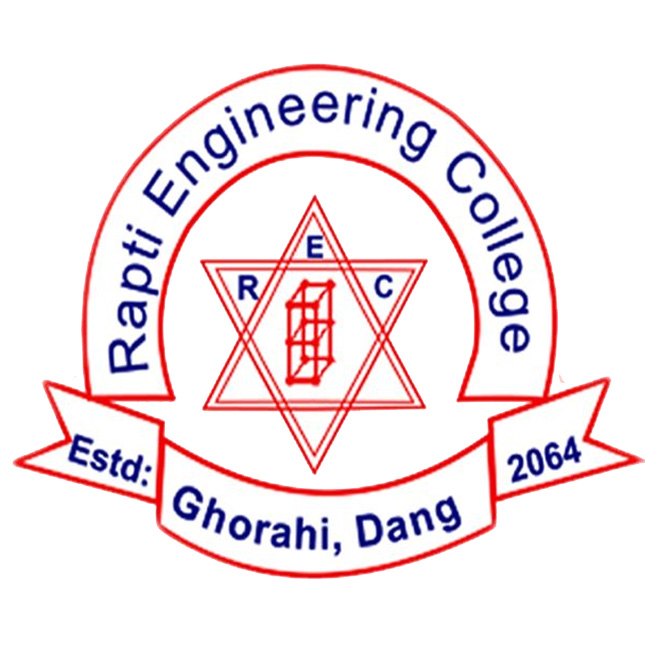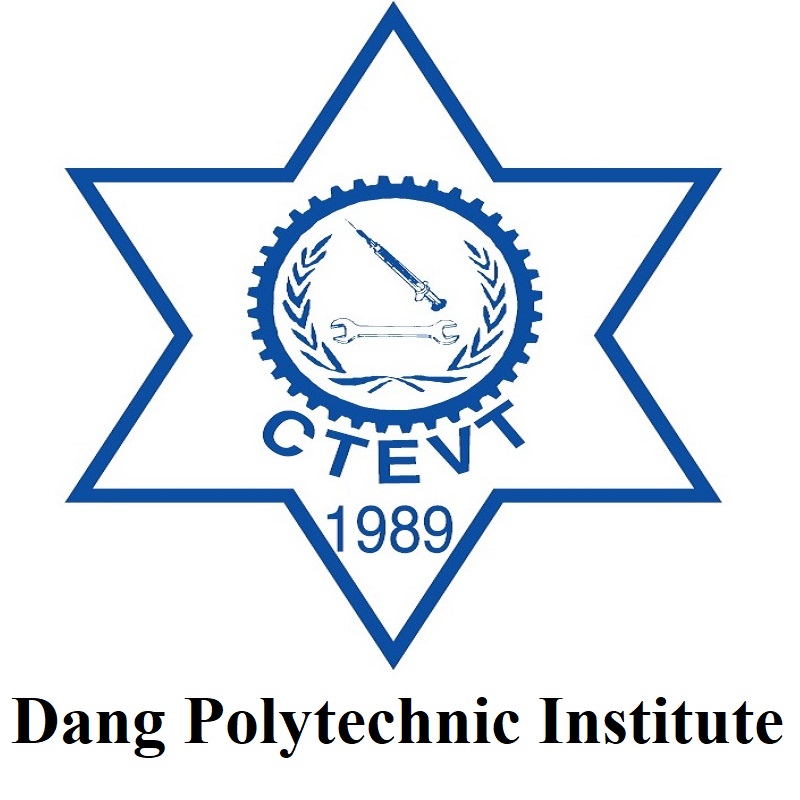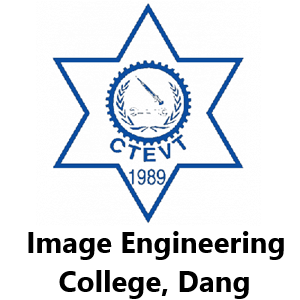Overview
Bal Bikash Secondary School was established as a community-based educational institute in 2017 B.S. (1960 AD) at Ghorahi-14, Naya Bazar, Dang. It operates under the Government of Nepal and offers NEB-based programs from Early Childhood Development (ECD) up to Grade 10. In addition to regular academic programs, the school also provides CTEVT-affiliated technical education.
General Education: ECD to Grade 10
The school delivers foundational and secondary-level education under NEB standards. The curriculum emphasizes conceptual understanding, communication, and academic progress. Subjects include science, management, humanities, and others based on student interests.
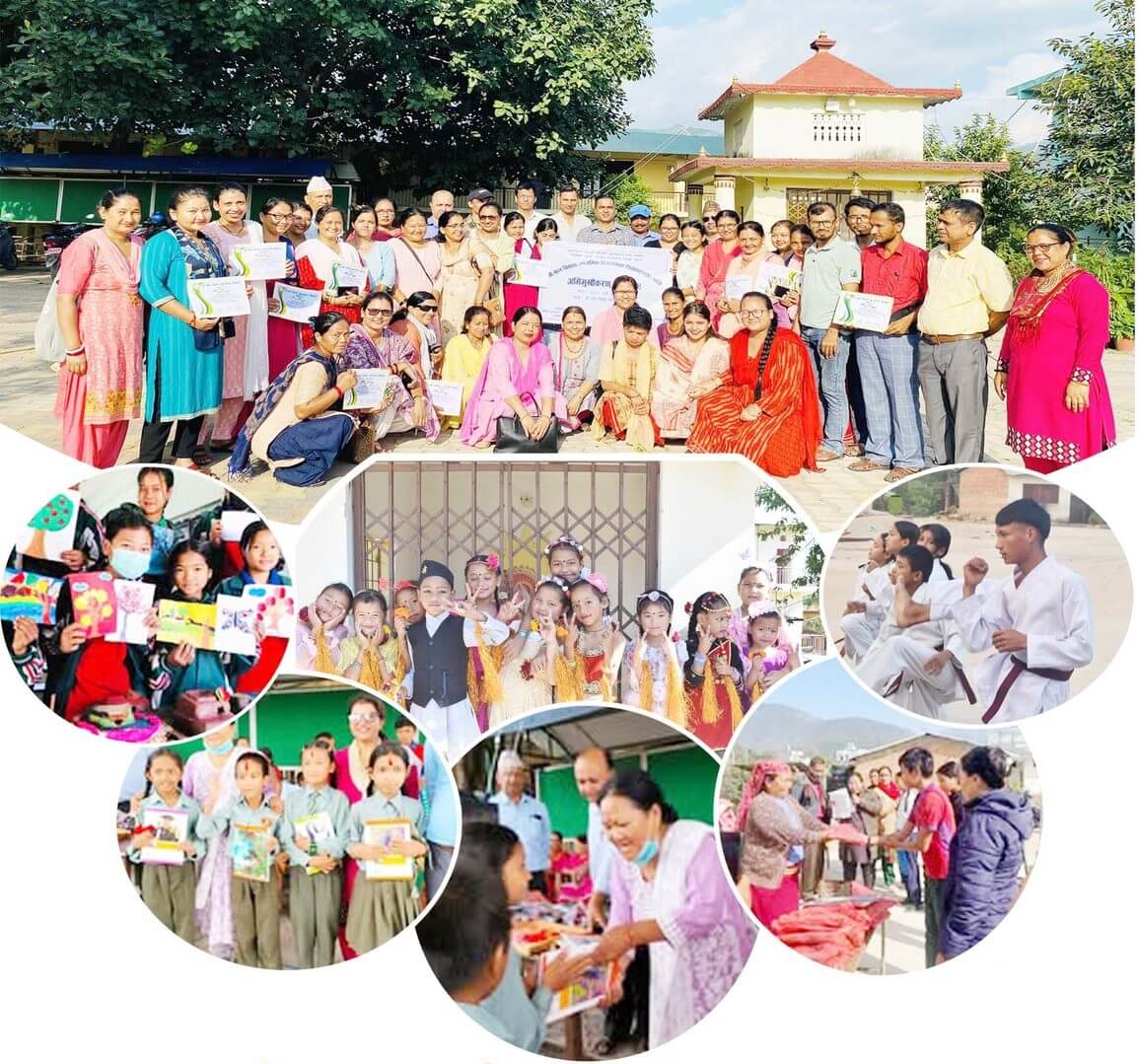
CTEVT-Affiliated Pre-Diploma Programs
Bal Bikash also provides skill-based programs recognized by CTEVT. These are open to SEE graduates through entrance examinations and focus on practical learning.
Pre-Diploma in Survey Engineering (AMIN)
-
Duration: 18 months
-
Capacity: 40 students
-
Scholarship: 4 reserved seats
-
Eligibility: SEE passed and CTEVT entrance qualified
The course prepares students for entry-level land surveying and mapping roles, commonly used in engineering, government projects, and real estate. Students gain hands-on practice in using survey tools and understanding land measurement techniques.
Pre-Diploma in Electrical Engineering (Electrical Sub-Overseer)
-
Duration: 18 months
-
Capacity: 40 students
-
Scholarship: 4 reserved seats
-
Eligibility: SEE passed and CTEVT entrance qualified
This course trains students in basic electrical installation, domestic and commercial wiring, safety systems, and maintenance. Graduates often work under licensed engineers or pursue further technical studies.
Mission Statement
The school aims to promote accessible, inclusive, quality education rooted in skill development and ethical learning. It encourages students to become informed, capable, and responsible societal contributors.
Vision
To establish a reliable academic and technical institution that supports individual growth, workforce readiness, and social inclusion through education.
Student-Centered Teaching Methods
Bal Bikash adopts practical and activity-based teaching strategies:
-
Daily lesson planning with student engagement in mind
-
Project-based and group learning
-
Use of visual aids and multimedia
-
Field visits to relevant sites for technical students
-
Regular tests and internal evaluations for progress tracking
Teachers are encouraged to focus on student participation, communication skills, and learning by doing.
Facilities Supporting Learning
The school campus offers academic and co-curricular infrastructure to support different learning needs:
Library and Journals: A reading space with subject-wise books, reference materials, and journals
Science Laboratory: Separate labs for physics, chemistry, and biology practicals
Computer Lab: Basic computer skills and software familiarization for students
Multimedia Classrooms: Projector-equipped rooms for audio-visual instruction
Conference Hall: Used for workshops, training, and school-level events
Sports and ECA Facilities: Playgrounds and sports areas for regular extracurricular engagement
Counseling Services: Academic and personal counseling sessions are available
Tour and Exposure Activities: Organized for both general and technical students to see practical work environments
Classroom Environment: Well-ventilated and safe classrooms are designed for focused learning
Scholarship and Inclusion
The school reserves scholarship seats in both technical programs. Selection is based on merit and need, supporting:
-
Students from low-income backgrounds
-
Girls and students from marginalized groups
-
Talented and hard-working students with academic merit
Community Contribution
Bal Bikash contributes to the local area by preparing young individuals for technical jobs, further study, and community service. Its dual general and technical education model helps balance academic learning with practical utility.
Conclusion
Bal Bikash Secondary School is a practical example of how community-led institutions can offer meaningful and accessible education. Integrating regular academics with skill-based programs prepares students for the realities of work, higher education, and social responsibility.


